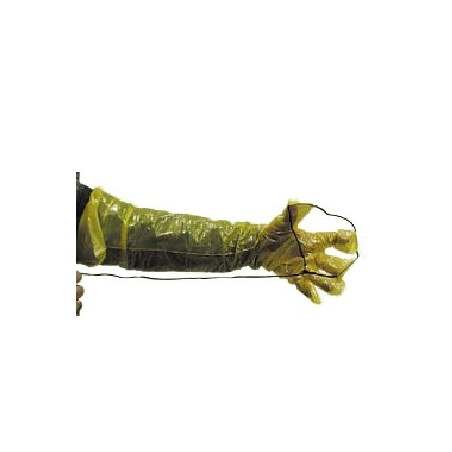Understanding the role of maternally derived immunity on the transmission of influenza virus in neonatal pig populations is crucial. The objective of this study was to assess the role of maternally derived immunity in reducing influenza virus transmission in neonatal pig populations.
Sows from an influenza virus negative breeding herd were assigned to one of three treatment groups: homologous influenza virus vaccine (HO), heterologous influenza virus vaccine (HE), and no vaccine (NV). Sows within the respective treatment groups were vaccinated at 4-5 and 2-3 weeks pre-farrow with experimental killed influenza virus vaccines. Offspring of the vaccinated sows were confirmed to be seropositive to influenza virus and purchased for use in this study. For each of two or three replicates, 10 pigs (3-4 weeks of age) from each of the aforementioned treatment groups were challenged with influenza virus via direct contact with an experimentally infected pig that was introduced to each treatment group. The experimentally infected pigs were infected with the HO virus. Nasal swabs were collected daily for two weeks following direct contact challenge and tested for influenza virus RNA via RRT-PCR.

All pigs in the HE and HO groups had detectable antibody titers to the respective vaccine antigens prior to direct contact challenge. Pigs in the NV group were seronegative prior to direct contact challenge. All contact pigs became infected in the HE and NV groups and the R estimates did not differ significantly at 7.8 (4.6-12.6) and 11.0 (6.9-16.8), respectively. One pig in the HO group became infected following contact and the R estimate was significantly lower in the HO group at 0.84 (0.05-3.7) versus the HE and NV groups.
Although the use of influenza virus vaccines is common, the impact of maternally derived immunity on influenza virus transmission and infection is not fully understood. This study indicates that vaccine induced maternal immunity may be able to reduce influenza virus transmission in population settings; however, the impact will depend on the priming antigen. This study also indicates that influenza virus will spread rapidly in non-immune pig populations.
M. Allerson; M. Torremorell; J. Deen; M. Gramer; H.S. Joo; A. Romagosa. The impact of maternally derived immunity (MDI) on influenza virus transmission in neonatal pig populations. 2011 Allen D. Leman Swine Conference.




